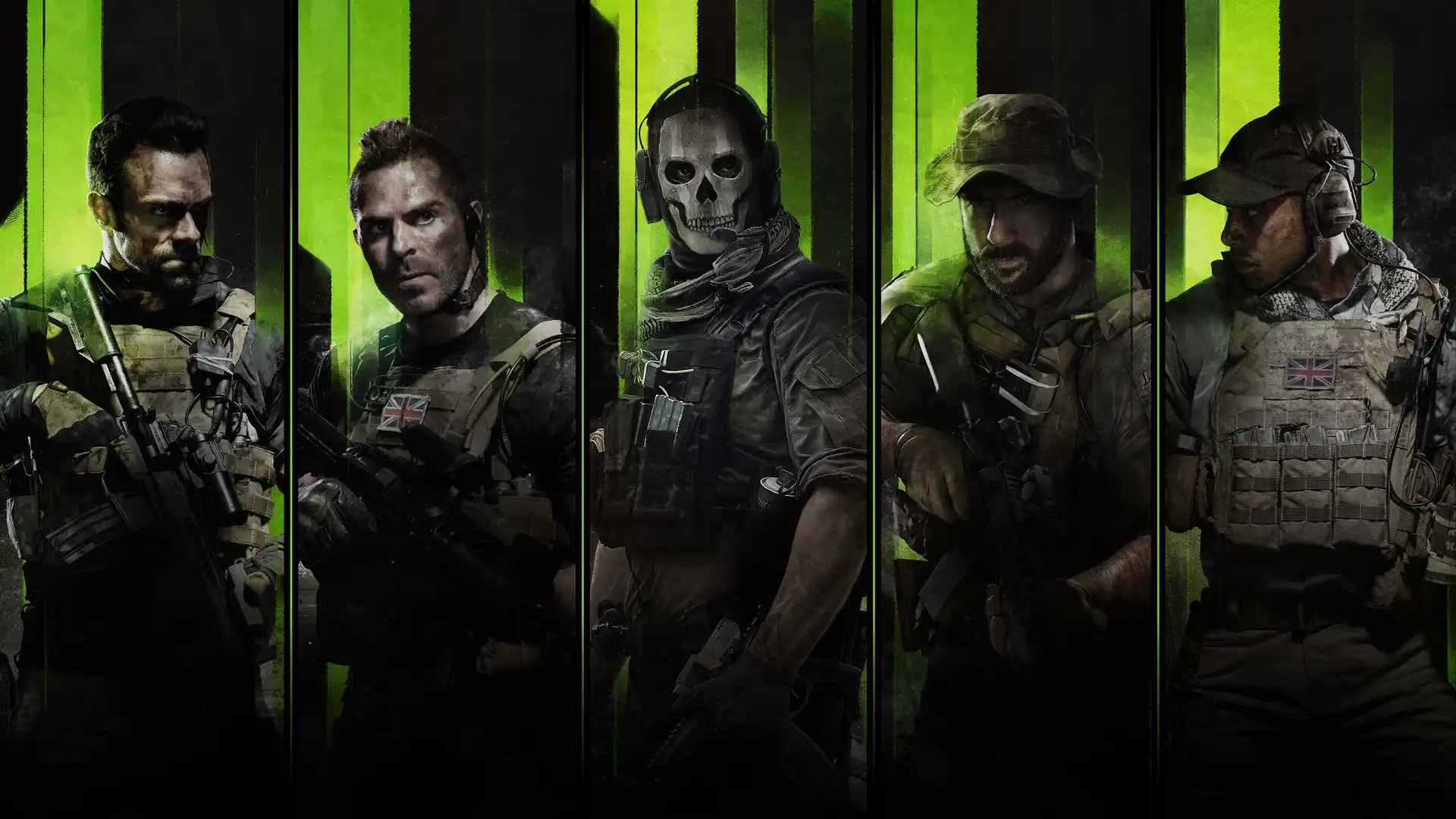Bearing witness to the progression of the Call of Duty franchise has been a journey imbued with both applause and complaints. Its diverse audience has experienced joyous moments of victory, frustrating defeats, and strokes of strategic mastery.
Nevertheless, the recent release from this series, Call of Duty: Vanguard, seems to have tipped the scale towards disappointment. Players from all around the globe have expressed dissatisfaction, citing numerous issues that impinge on their gaming experience.
Perhaps, one of the most notable problems associated with Vanguard is its imbalance of weaponry. The MP40 has arguably been overpowered to a concerning extent, to the point that it inhibits fair play and diversity in weapon choice.

Moreover, the intricacies and complexities attached to the mapping system in Vanguard have been more of a burden than a blessing for most players. The numerous angles leave new players disoriented and seasoned players exasperated, hence stifling the gaming experience.
Movement and Spawn MechanismsWhen it comes to the movement mechanisms in Vanguard, a unanimous chorus from the gaming community suggests they are much less fluid than in previous COD iterations. The pacing feels off, and the game lacks the smoothness that defined its predecessors.
Most alarming is the flawed spawn mechanic Vanguard possesses; players often find themselves thrown right back into enemy fire after respawning. This is perhaps indicative of poor map design and needs urgent redress before it completely dampens the popularity of this COD iteration.
A myriad of complaints aligning to these major issues peg Vanguard as a dramatic step down from its predecessors in the franchise. Additionally, it brings back memories of an earlier release from the COD family, considered by most as the worst iteration – The Modern Warfare II.
It's fair to say that Modern Warfare II holds a significant position in the franchise's history – however controversial that might be. Unfortunately, it is not remembered for its triumphs, but rather its many shortcomings.
Recalling, the mother of the issues plaguing MW II was an unpolished multiplayer experience. Seemingly no priority was given to the matchmaking parameters, with rookie and veteran players commonly pitched in the same match, leading to terribly one-sided games.
Balance was another area where MW II struggled. Certain weapons were blatantly overpowered, leading to a lack of variety in weapon usage. This was eerily similar to the current problem with the MP40 in Vanguard.
Moreover, the spawn system in MW II stood out as a pain point for the players. The spawn points were randomly dictated, leading to scenarios where someone could spend the majority of gaming time ‘respawning’ rather than actual gameplay.
Lastly, the map design in MW II was deemed far from perfect, with hidden and obscure spots leading to unwelcome surprises and one-sided ambushes.
COD: Struggling with ComplexityUpon close analysis, Vanguard shares striking similarities with MW II. This alarming revelation raises pressing questions about the extent of progress made in almost a decade. Is the franchise moving forward, or falling into the same pitfalls again?
In a bid to punch above its weight, it seems as if Vanguard attempted to invest much of its focus in designing a complex gaming mechanism. But with so many variables at play and so few controlled, complexity has proven to be Vanguard’s Achilles heel.
Instead of taking cues from MW II’s faults and using them as stepping stones to create an improved gaming experience, Vanguard seems to have slipped into the same ditch. From weapon balance to map design, it appears to be a case of old wine in a new bottle.
For the survival and success of the franchise, it's crucial that the creators look objectively at the user feedback. Recurrent issues from previous iterations need to be addressed, not ignored.
Moving Towards FutureIn conclusion, while Vanguard does possess certain commendable features, the looming issues that it shares with predecessors like MW II cannot be overlooked. It's crucial that the developers take stock of these shortcomings and work towards a more rewarding gaming experience.
While it’s too early to write off Vanguard, its present state emphasizes the need for considerable improvements and refinements. The gaming community continues to hold high hopes from an esteemed franchise such as Call of Duty, even amidst the declines.
Ultimately, the future of COD lies largely in the hands of its creators. By taking player feedback on board and rectifying the recurrent issues, they have the opportunity to steer the franchise not just towards survival, but sustained success.
Only time will tell how Vanguard shapes up to handle the criticisms, and whether the COD franchise continues its dominating run in the world of online gaming, or stumbles into a downfall.